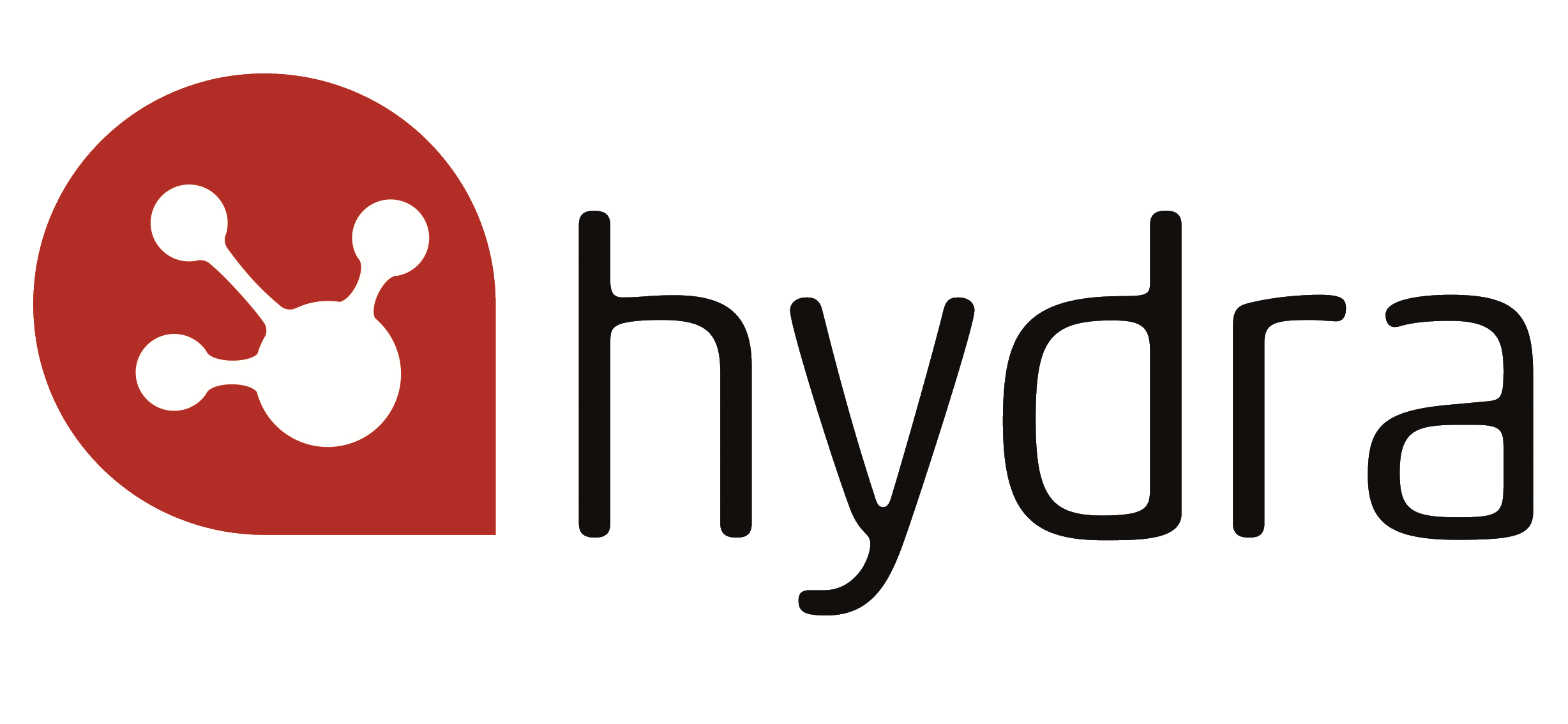Applying knowledge management to mitigate risk, by Paul Whiffen
How does Knowledge Management relate to Risk Management and how can you use the former to both mitigate risk and shape a Risk Management Strategy?
With Risk Management currently high on the agenda for every organisation, it seemed an appropriate time to look at the relationship that Knowledge Management and Risk Management have within the wider context of project management - and also how you can use Knowledge Management to both mitigate risk and shape a Risk Management Strategy.
The importance of early engagement
Implementing Knowledge Management is about professionalising knowledge flow across the organisation. This includes the introduction & piloting of new knowledge roles, processes, enabling IT and governance.
I have found that in achieving this you need to engage with other professions early on to build relationships and mutual expectations. This is good to do, not least because the maturity of those other professions will themselves be at different stages of development. Early meetings sharing understanding and expectations is a big help in laying foundations.
One of those other professions is Risk Management. We live in a world of risk, new sources of risk are emerging all the time, while others may be long term and relatively well understood.
Using knowledge to mitigate risk
I tend to think of Knowledge Management and Risk Management as being close cousins – not least because, in today’s world, many risks can be mitigated with knowledge. By consciously asking the questions, “Which knowledge, or How-To’s, do we need to mitigate this risk? And do we possess this knowledge?”, this provides a means to address the risk and bring an area of focus to Knowledge Management.
These conversations are powerful in clarifying the risks and a means to address them from a knowledge perspective. Of course if the knowledge needed is missing then assigned actions can be created to go and get it - but at least we know we have a knowledge gap and we are taking steps to deal with it. This makes everyone feel more comfortable I have found..
Connecting Project and Risk Management plans
Hence, for a Project with a Risk Management Plan and associated activities, up-front Risk Assessment can lead to early identification of knowledge needs for the project, and associated actions, to assure better Project delivery. Functions or Departments may have ongoing risks that need managing over a longer term – again, this helps to bring focus to their knowledge requirements that needs to be maintained.
The relationship between Knowledge Management and Risk Management should also take place in the opposite sense. By this I mean when team learning takes place at the end of, say, a Project stage or at an annual review of a Function’s delivery, the lessons can be used to mitigate business risk in the future - provided of course proper steps are taken to embed the lessons and carry them forward to future activities.
I tend to view this relationship as an ongoing one, formed around planned, structured & facilitated conversations, allowing the connection between Knowledge Management and Risk Management to develop and mature.
It can easily be done on an individual basis too, I have done this many times. When I am aware of risk I am facing in any aspect of life, I tend to automatically think of what knowledge I need to help mitigate it. It may be knowledge I already have, albeit a bit rusty, or it may be something I have no clue about and have to find someone who can help me. Youtube videos can also be a frequent source of help!
Are you Knowledge Ready?
Did you know..
90% of the knowledge within an organisation remains within the heads of its employees [1]
Organisation's that are most effective at knowledge transfer improve project outcomes by nearly 35%? [2]
Knowledge management is a difficult challenge that every organisation is faced with. Being able to retain and transfer valuable knowledge in your Business can be the difference between success and failure.
Our free downloadable eBook Managing the Right Knowledge and Managing the Knowledge Right shares the key questions and solutions for improving your knowledge management capabilities to help you become 'Knowledge Ready'.
Download your copy of Managing the Right Knowledge and Managing the Knowledge Right and start your journey to becoming 'Knowledge Ready'.
About Paul
 Paul Whiffen has been working in KM for 20 years, including Head of KM for three organisations in different sectors. He understands the theory and know-how to make KM real and effective from experience gained in both leadership and supporting consultancy.
Paul Whiffen has been working in KM for 20 years, including Head of KM for three organisations in different sectors. He understands the theory and know-how to make KM real and effective from experience gained in both leadership and supporting consultancy.
If you would like to learn more please visit his blog page or connect with him on LinkedIn.
[1] PMO Pulse of the Profession® 2015
[2] Pulse of the Profession® Capturing the Value of Project Management through Knowledge Transfer


